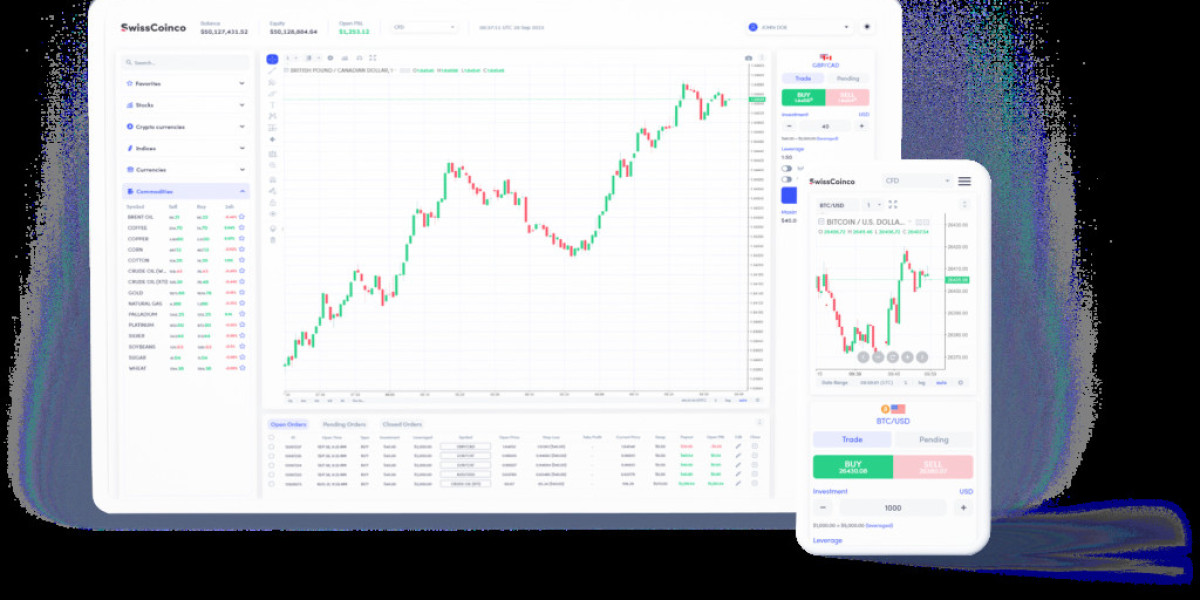Introduction to Supply Chain Management Roles
In today’s complex business environment, supply chains have become the backbone of successful companies, especially in the USA. Behind the scenes, supply chain managers play a crucial role in ensuring products move smoothly from suppliers to customers. If you’ve ever wondered what does a supply chain manager do, this article provides a detailed overview of their responsibilities, skills, and impact on business performance.
For companies seeking expert guidance in optimizing supply chains, Brankit offers specialized consulting services designed to help organizations in the USA enhance their supply chain operations.
Defining the Role: What Does a Supply Chain Manager Do?
A supply chain manager oversees and coordinates the entire supply chain process — from procurement of raw materials to product delivery. Their primary goal is to ensure that goods are produced and delivered efficiently, cost-effectively, and on time.
Key Responsibilities Include:
Planning and Forecasting: Anticipate demand by analyzing market trends and customer orders to plan procurement and production schedules.
Supplier Management: Select, negotiate with, and monitor suppliers to ensure quality materials at the best prices.
Inventory Control: Maintain optimal inventory levels to meet demand without overstocking or stockouts.
Logistics Coordination: Manage transportation, warehousing, and distribution to ensure timely delivery.
Process Improvement: Identify bottlenecks and implement strategies to improve supply chain efficiency and reduce costs.
Risk Management: Prepare for potential disruptions such as supply shortages, delays, or regulatory changes.
By balancing these duties, supply chain managers help companies maintain a competitive edge and satisfy customer expectations.
Essential Skills of a Successful Supply Chain Manager
To excel in their role, supply chain managers need a diverse skill set that combines technical knowledge, analytical thinking, and interpersonal capabilities.
Key Skills Include:
Analytical Skills: Ability to analyze data and forecast trends for smarter decision-making.
Negotiation: Skilled in supplier negotiations to secure favorable terms and pricing.
Communication: Coordinating effectively across departments and with external partners.
Problem-Solving: Quickly resolving issues that arise in procurement, production, or logistics.
Technological Proficiency: Familiarity with supply chain software like SAP, Oracle, or specialized SCM tools.
Leadership: Managing teams and driving cross-functional collaboration.
These skills empower supply chain managers to optimize workflows, minimize risks, and improve overall supply chain performance.
Why the Role Is Critical in the USA
In the USA, where supply chains can be highly complex and globalized, the role of supply chain managers is especially vital. They face challenges such as:
Managing multi-modal transportation across vast distances.
Navigating regulatory compliance at federal and state levels.
Responding to volatile market demand and disruptions (e.g., natural disasters, tariffs).
Integrating technology solutions to boost supply chain visibility.
Effective supply chain managers help American companies reduce costs, increase efficiency, and deliver superior customer service, which directly impacts profitability and market reputation.
How Brankit Supports Supply Chain Management
For businesses in the USA seeking to improve their supply chain operations, Brankit offers expert consulting services. Brankit specializes in:
Supply chain strategy development and optimization.
Technology implementation, including SAP supply chain modules.
Process automation and data analytics.
Risk assessment and resilience planning.
Training and change management to upskill supply chain teams.
By partnering with Brankit, companies can harness industry best practices and innovative solutions to elevate their supply chain management capabilities.
Day-to-Day Activities of a Supply Chain Manager
To illustrate what does a supply chain manager do, here’s a snapshot of their typical daily tasks:
Reviewing inventory reports and adjusting procurement plans.
Communicating with suppliers to confirm order status and resolve issues.
Coordinating with production teams to align manufacturing schedules.
Tracking shipments and managing logistics providers.
Analyzing supply chain performance metrics and preparing reports.
Leading team meetings to address operational challenges.
Researching new technologies and process improvements.
These activities require multitasking, strategic thinking, and strong collaboration to keep the supply chain functioning smoothly.
Impact of Supply Chain Managers on Business Success
Effective supply chain managers contribute significantly to:
Cost Savings: By reducing waste, optimizing inventory, and negotiating better deals.
Customer Satisfaction: Ensuring timely product availability and quality.
Agility: Quickly adapting to market changes and disruptions.
Sustainability: Implementing eco-friendly sourcing and logistics practices.
Growth: Enabling companies to scale operations efficiently.
This role is a key driver behind operational excellence and competitive advantage in the modern marketplace.
Frequently Asked Questions (FAQs)
1. What does a supply chain manager do daily?
They oversee procurement, inventory, logistics, and collaborate with teams to ensure products move efficiently from suppliers to customers.
2. What skills are essential for a supply chain manager?
Key skills include analytics, negotiation, communication, problem-solving, technology proficiency, and leadership.
3. How does a supply chain manager contribute to cost savings?
By optimizing inventory, improving supplier terms, and streamlining logistics to reduce unnecessary expenses.
4. Can technology improve supply chain management?
Yes, tools like SAP and other SCM software enhance visibility, automate processes, and support data-driven decisions.
5. Why should I choose Brankit for supply chain consulting in the USA?
Brankit offers tailored solutions, deep expertise in SAP and supply chain processes, and dedicated support to help your business succeed.
If you want to understand more about what does a supply chain manager do or improve your supply chain efficiency, consider connecting with Brankit—a trusted supply chain consulting firm serving businesses across the USA.



